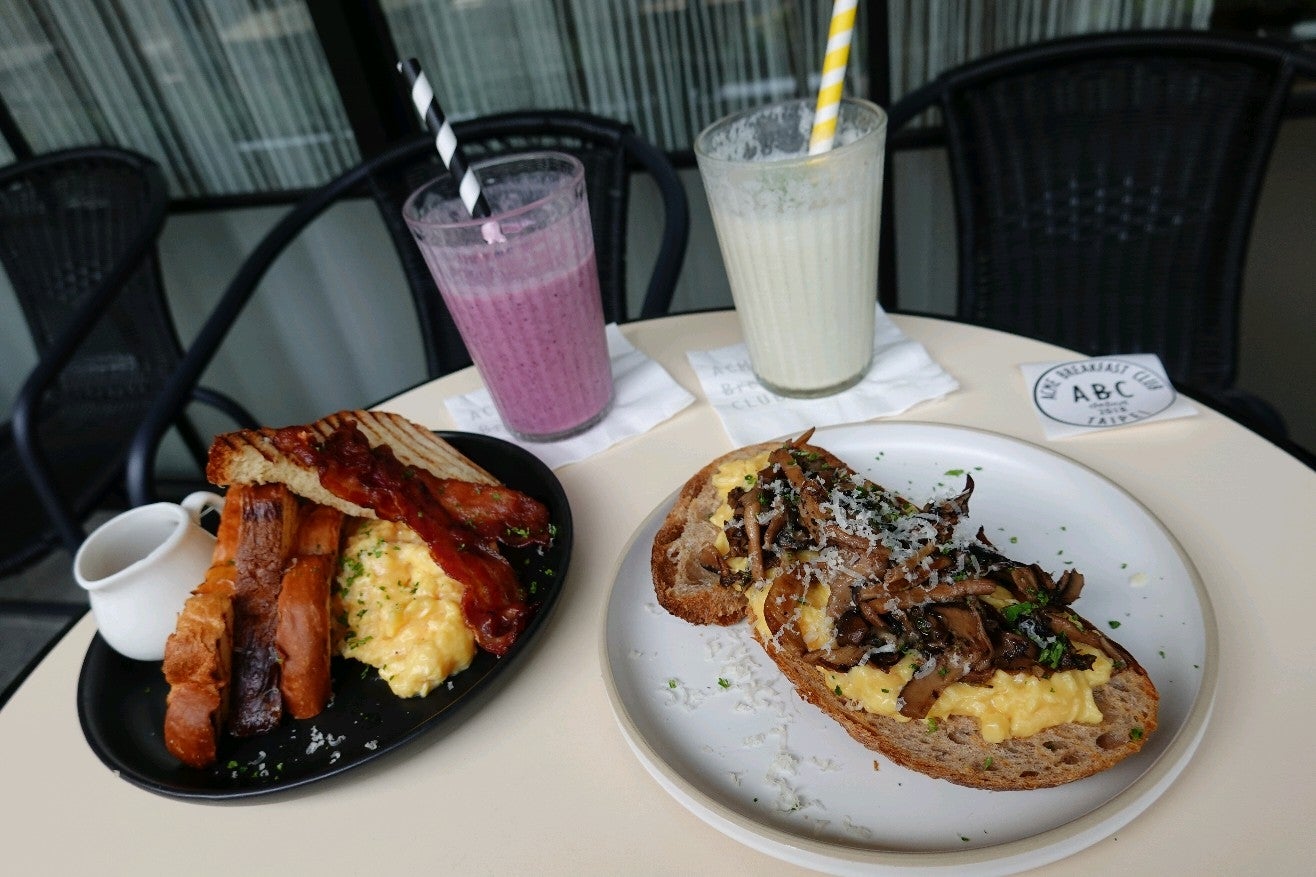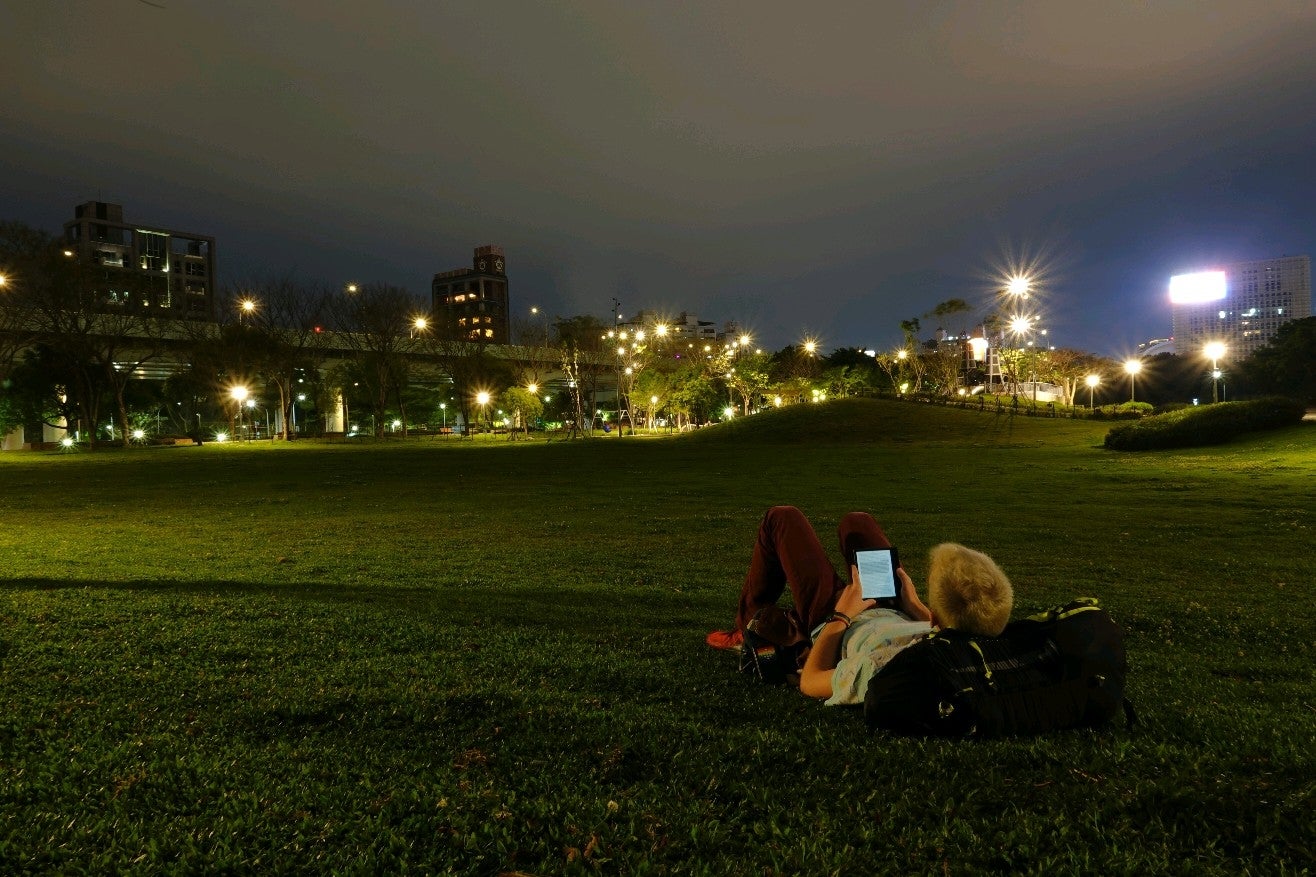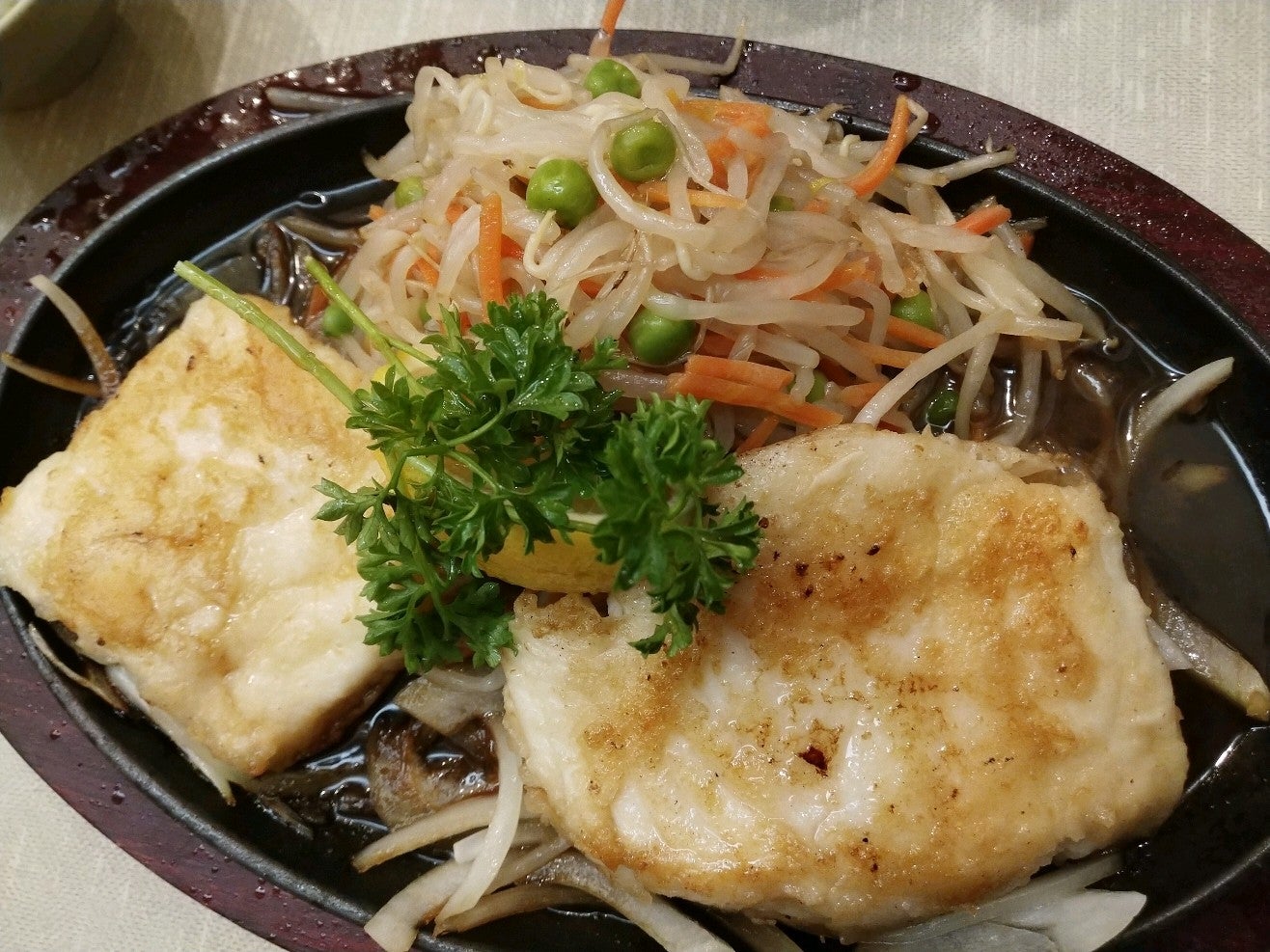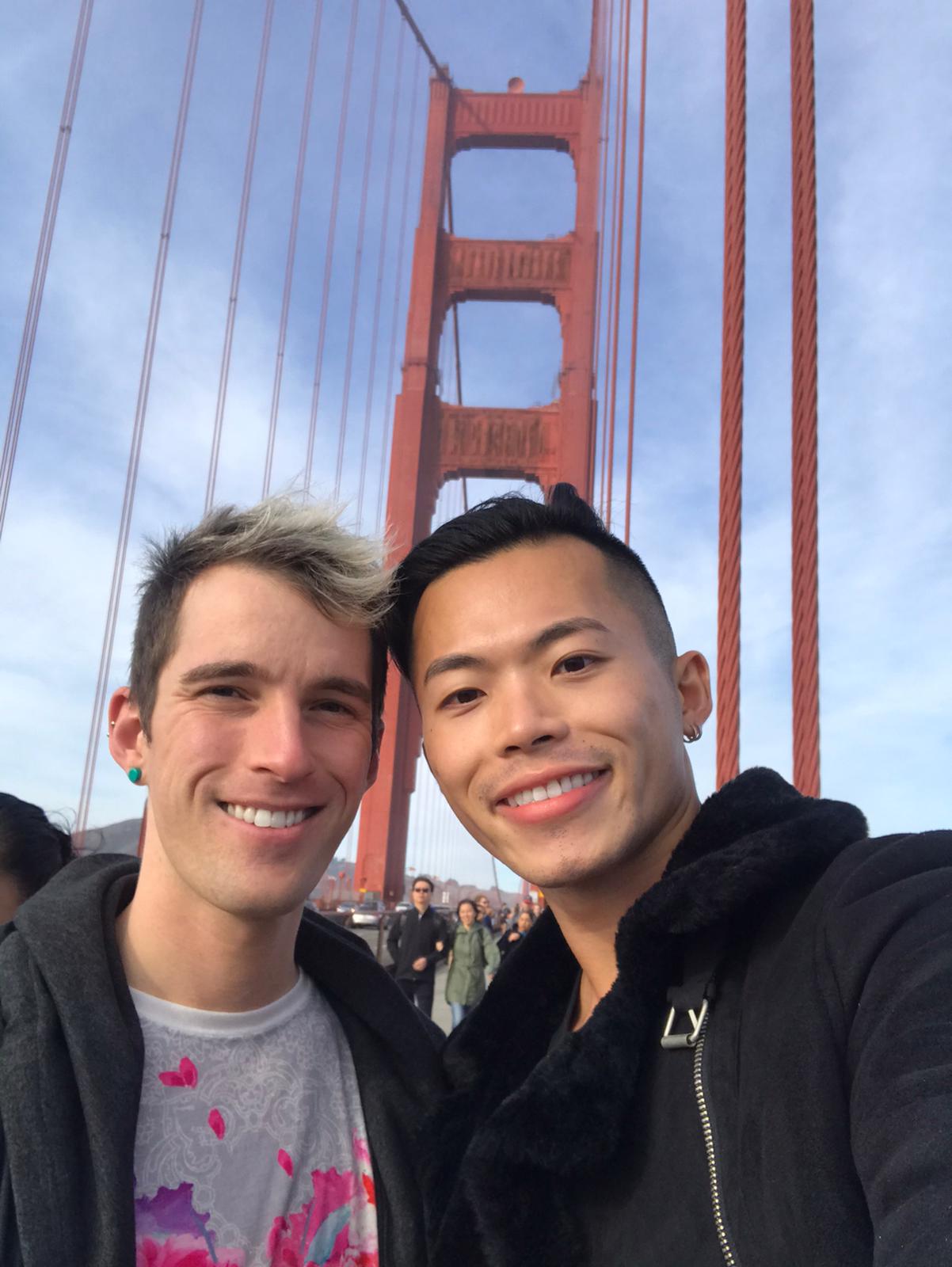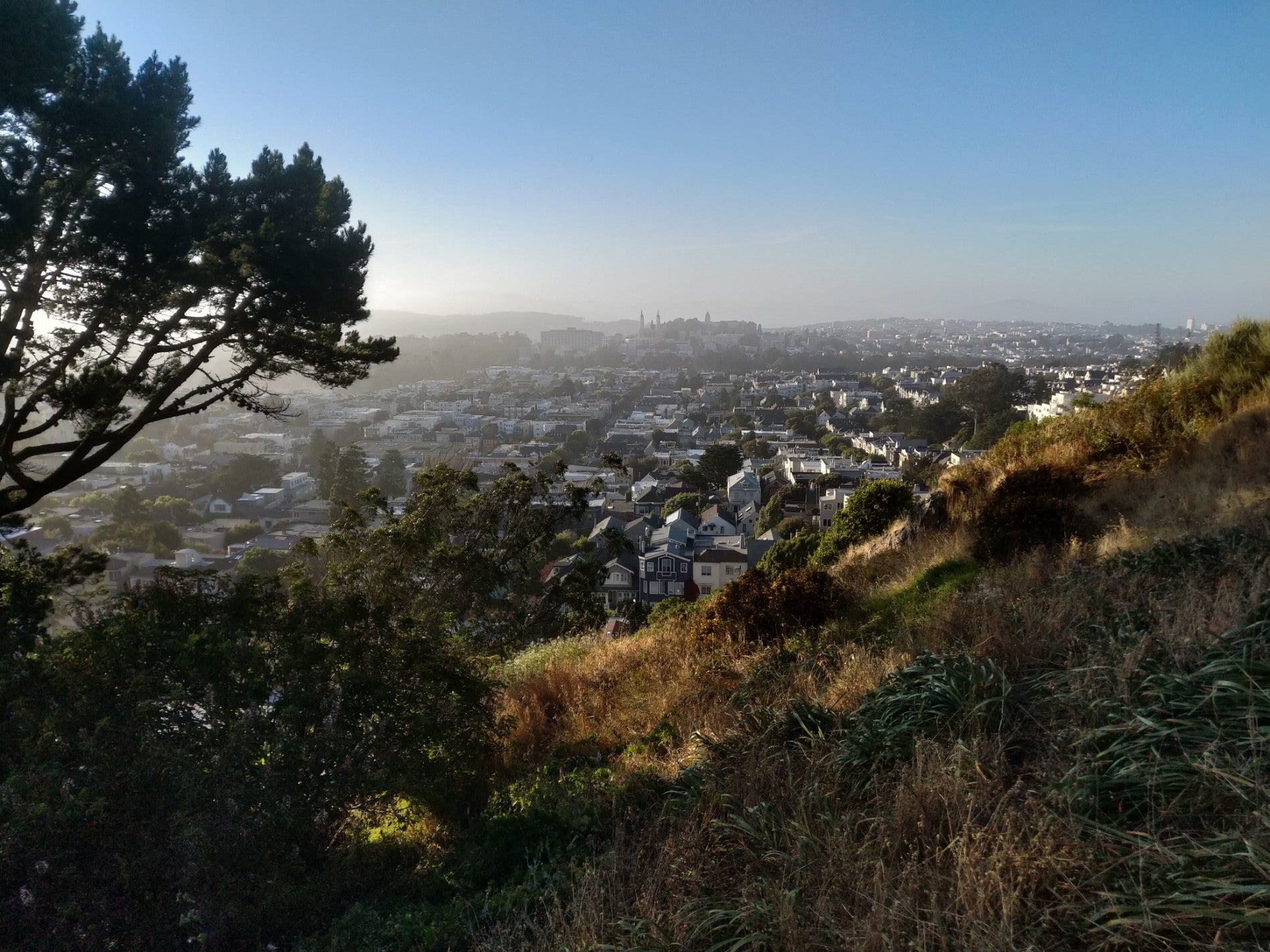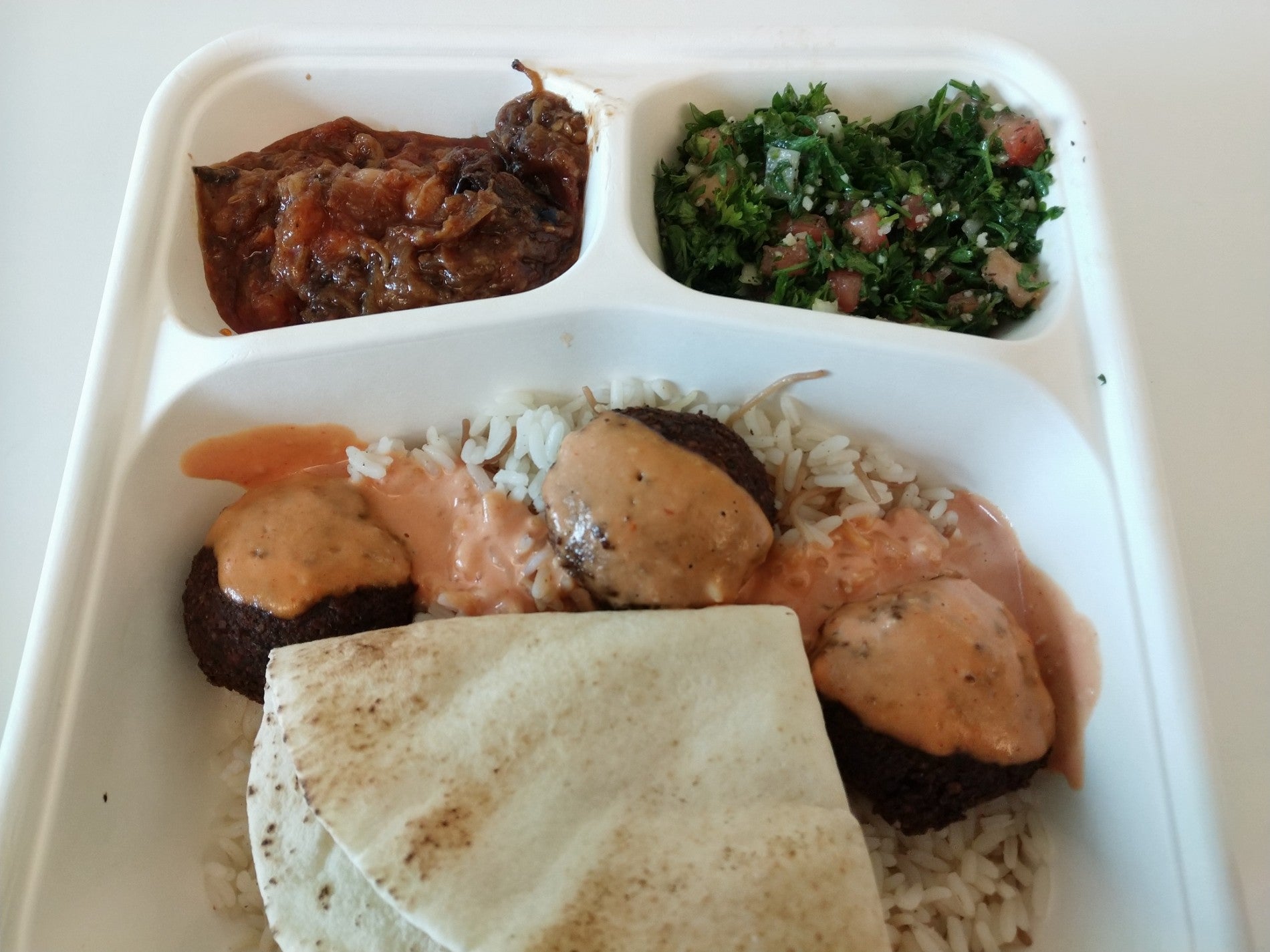The Black Swan
I am so far enjoying “The Black Swan: The impact of the highly improbable” by Nassim Nicholas Taleb (Random House, 2007). In searching briefly for a summary both to inform the rest of my read and to send to Yizhen, I found a review and critique by David Aldous from January 2009. I have no strong opinion on Aldous’s main disagreement about the cumulative impact of non black swan events, but I appreciated more perspective. I should check out the other critiques mentioned and Taleb’s “shorter and more cohesive account”, “The fourth quadrant: a map of the limits of statistics“.
Excerpts from Aldous’s summary
The book is challenging to review because it requires considerable effort to separate the content from the style. The style is rambling and pugnacious — well described by one reviewer as “with few exceptions, the writers and professionals Taleb describes are knaves or fools, mostly fools. His writing is full of irrelevances, asides and colloquialisms, reading like the conversation of a raconteur rather than a tightly argued thesis.” And clearly this is perfectly deliberate.
(6) Given that Taleb’s thesis is already well expressed by the bumpersticker “Expect the unexpected”, what more is there to say? Well, actually he makes several memorable points, such as his summary [p. 50] of themes related to Black Swans:
(a) We focus on preselected segments of the seen and generalize from it to the unseen: the error of confirmation.
(b) We fool ourselves with stories that cater to our Platonic thirst for distinct patterns: the narrative fallacy.
(c) We behave as if the Black Swan does not exist; human nature is not programmed for Black Swans.
(d) What we see is not necessarily all that is there. History hides Black Swans from us [if they didn’t happen] and gives a mistaken idea about the odds of these events: this is the distortion of silent evidence.
(e) We “tunnel”: that is, we focus on a few well-defined sources of uncertainty, on too specific a list of Black Swans (at the expense of others that do not come so readily to mind).And here is his investment strategy [p. 295-6].
Half the time I am hyperconservative in the conduct of my own [financial] affairs; the other half I am hyperaggressive. This may not seem exceptional, except that my conservatism applies to what others call risk-taking, and my aggressiveness to areas where others recommend caution. I worry less about small failures, more about large, potentially terminal ones. I worry far more about the “promising” stock market, particularly the “safe” blue chip stocks, than I do about speculative ventures — the former present invisible risks, the latter offer no surprises since you know how volatile they are and can limit your downside by investing smaller amounts ……. In the end this is a trivial decision making rule: I am very aggressive when I can gain exposure to positive Black Swans — when a failure would be of small moment — and very conservative when I am under threat from a negative Black Swan. I am very aggressive when an error in a model can benefit me, and paranoid when an error can hurt. This may not be too interesting except that it is exactly what other people do not do. In finance, for instance, people use flimsy theories to manage their risks and put wild ideas under “rational” scrutiny.
Maybe not easy for you or me to emulate, but surely conceptually useful for us to keep in mind.
On the following, I seem to recall Taleb referencing “slower” black swans, but pointing out the negative ones tend to be the fast ones and vice versa.
(8) (b) Imagine you have woken from a 25-year sleep and want to catch up on what’s happened. Taleb and I agree that looking at the roughly nine thousand daily headlines you missed would not be helpful — these are “just noise” from a long-term perspective. Taleb views Black Swans as the only alternative. But he ignores the cumulative effect of slow trends (which are uninteresting to speculators, hence represent a cognitive blindspot). One can think of an endless list of slow changes in the U.S. over the last generation: (increase in childhood obesity, increased consumption of espresso, increased proportion of occupations requiring a College education, increased visibility of pornography) as well as the more prominent ones (acceptability of a black President, increase in health care sector to 16% of GDP).







